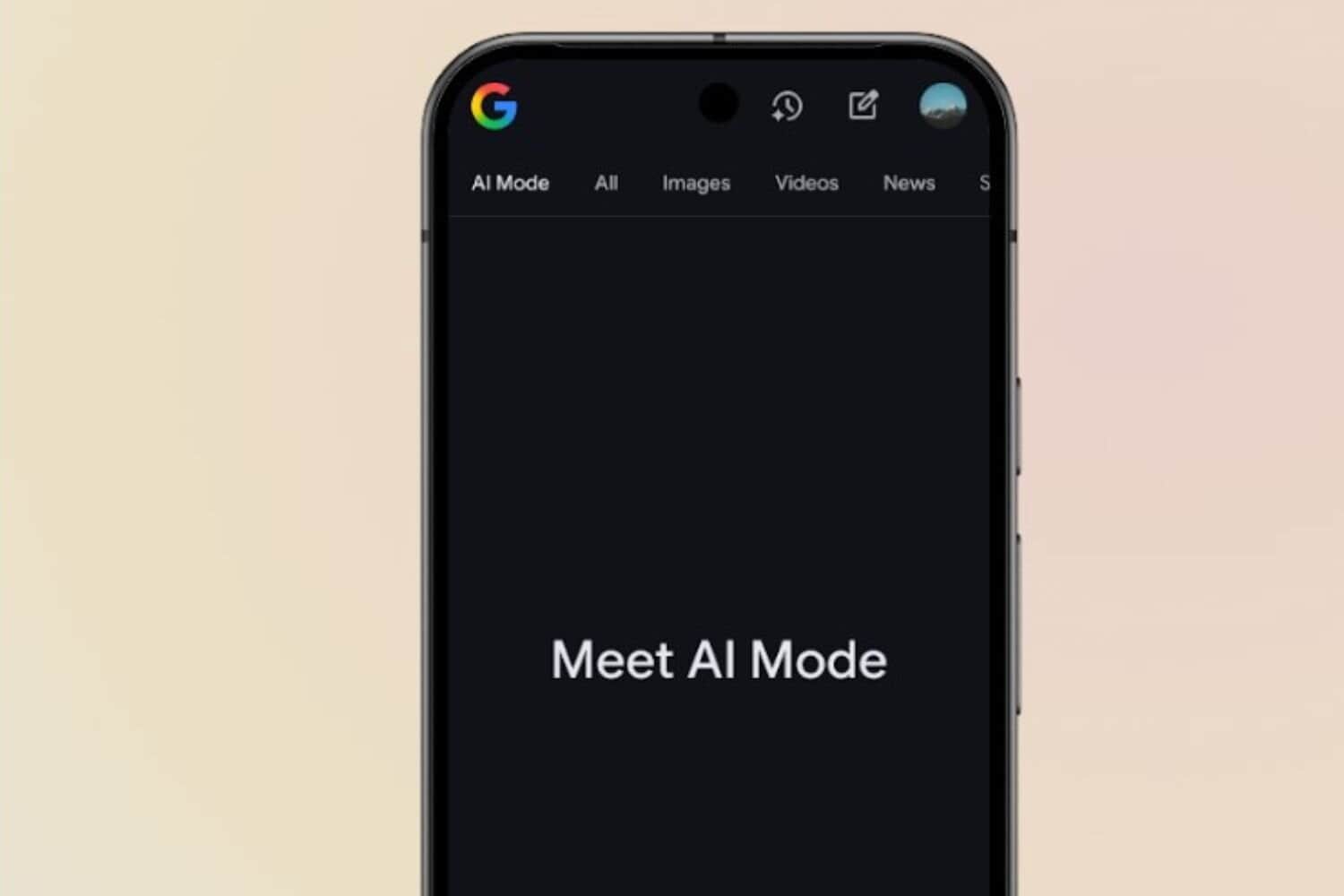Artificial intelligence continues to dominate the tech landscape from mobile phones to computers.

Google’s new AI Mode in Search for users in South Africa, Kenya and Nigeria is more intuitive, comprehensive, and helpful.
This comes as artificial intelligence (AI) continues to dominate the tech landscape, from mobile phones to computers.
Google’s AI Mode helps users tackle complex, multi-part questions with intuitive responses, multimodal inputs, and deeper ways to explore topics. It has come under criticism for its data and privacy.
It’s unclear if the AI Mode will tailor searches from a user’s history.
At the AWS Summit in Sandton this week, AI was a key topic, driving industry transformation and accelerating innovation.
AI
However, it does come with the need for inherent or proper regulation.
Last year, during the Africa Tech Festival in Cape Town, Communications and Digital Technologies Minister Solly Malatsi said there must be a balance for the ethical use of AI in South Africa.
“The most important thing is we have to find the balance for the ethical use of AI, so it does not contribute to the spread of deep fakes, misinformation and disinformation.”
ALSO READ: Google donates $1 million to the University of Pretoria to help AI research
AI Mode
According to Google, its AI Mode, powered by a custom version of Google’s latest Gemini 2.5 model, transforms how people interact with Search by allowing them to ask nuanced and exploratory questions that would previously require multiple searches.
“We’re incredibly excited to bring AI Mode to our users in the region,” said Alex Okosi, Managing Director, Google Africa.
“We know that people in this region are curious and have complex questions about everything from planning a trip to understanding a new concept.”
Advanced reasoning
A key feature of AI Mode is its advanced reasoning, which uses a query fan-out technique to break down a user’s question into subtopics and simultaneously search a multitude of queries on their behalf.
AI Mode rolled out last week and appears as a tab on the Search results page and within the Google app for Android and iOS.
Accessibility
Meanwhile, AI is also transforming accessibility from a compliance obligation into an opportunity, offering a cost-effective platform and API that create inclusive audio-visual content and connect authentically with audiences, ensuring no one is left behind.
Creating accessibility assets for hearing and visually impaired audiences requires highly specialised skills and is often viewed as a compliance burden rather than an opportunity.
Disability
24% of the global population lives with some form of hearing or visual disability, representing a massive, underserved audience.
Phonetik.ai’s platform and API leverage the scalability and security of AWS, enabling audiences to “see with their ears and listen with their eyes” through comprehensive audio-visual descriptions.
In July, Vodacom unveiled the Blindshell Classic 2 — a specialised button-based smartphone designed for the visually impaired.
ALSO READ: Google promises more AI with Pixel 10 as competition heats up
Support Local Journalism
Add The Citizen as a Preferred Source on Google and follow us on Google News to see more of our trusted reporting in Google News and Top Stories.






